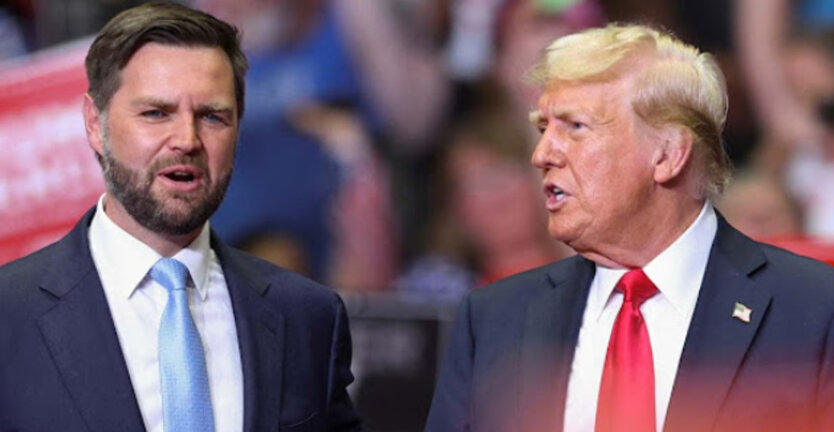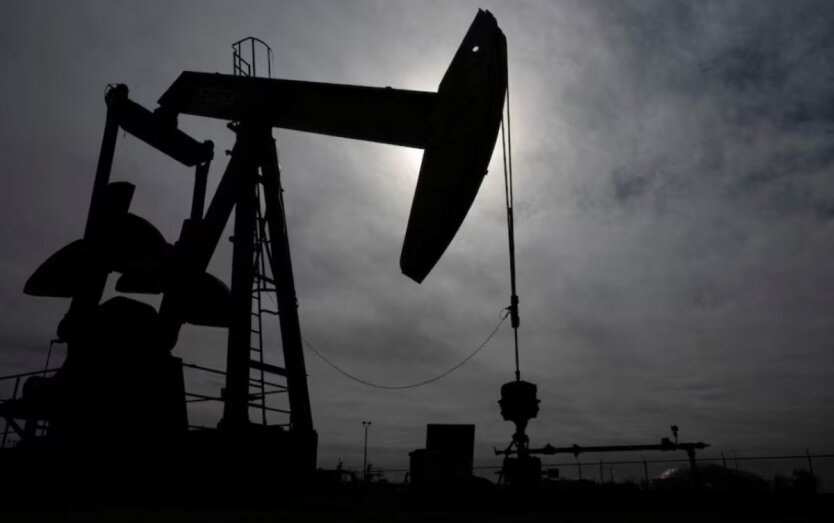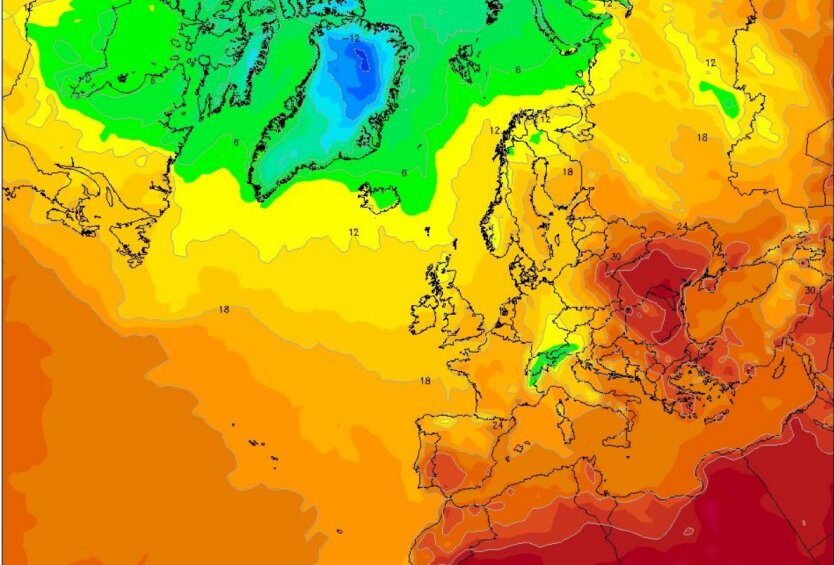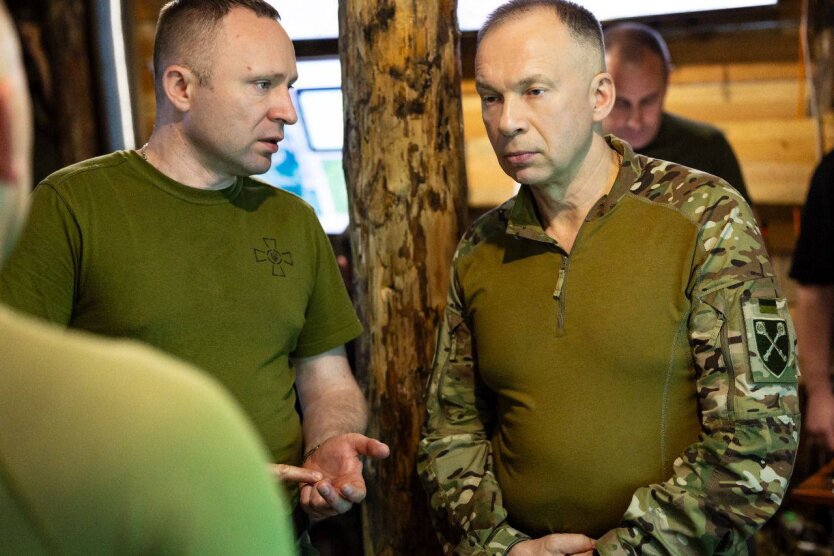Trump's administration has prepared options for pressure on Russia to end the war in Ukraine, - Bloomberg.


The U.S. administration has developed plans to increase economic pressure on Russia as President Putin shows no urgency regarding the end of the war in Ukraine. Bloomberg reports this citing sources close to the situation.
It is noted that sources wishing to remain anonymous stated that President Trump has not yet made any decisions as diplomatic efforts continue. Informants did not disclose details of possible options and emphasized that the final decision belongs solely to the president.
Ukraine and its allies are urging the U.S. to exert more pressure on Russia, including by introducing additional restrictions on energy resource exports and oil profits in order to force Russia to accept the truce terms proposed by Trump. It should be noted that the U.S. and the European Union have already imposed an insurmountable level of sanctions against Russia after its invasion of Ukraine in 2014, but this has not forced Putin to halt hostilities.
So far, the U.S. National Security Council and the State Department have not commented on the situation. A spokesperson for Trump's special representative Steve Witkoff, who met with Putin last week, also refuses to comment on the situation.
Discussion of Further Steps
The discussion of further steps may be complicated by the resignation of Trump’s National Security Advisor Mike Waltz and the temporary appointment of Secretary of State Marco Rubio to this position. However, this may help organize the U.S. strategy as Rubio will perform both functions. As of now, the White House's approach to Ukraine is being shaped under the influence of various officials, including Witkoff, who is considered more inclined towards Russia's positions.
Russia Does Not Fulfill U.S. Demands
Russia so far refuses to meet U.S. demands regarding a permanent ceasefire, while Putin remains firm on his positions, including control over four Ukrainian regions that Russia has not fully occupied. Meanwhile, President Zelensky has agreed to cede control of a portion of future resource revenues to the U.S. to maintain Trump’s support, and has backed calls for an unconditional ceasefire lasting at least 30 days.
Trump, who seeks to end the war and reshape economic relations between the U.S. and Russia, had previously threatened to impose sanctions on Russia if Putin does not show seriousness in peace negotiations. Following a meeting with Zelensky, he wrote on his social media page, Truth Social, that 'there is no reason for Putin to launch missiles at civilian areas' and that 'this makes me think that perhaps he does not want to stop the war,' after which he hinted at the possibility of sanctions against Russia's banking sector or secondary sanctions.
Strict Sanctions Against Russia
Senator Lindsey Graham, a Trump ally, stated earlier in the week that he has the support of 72 colleagues for a bill that envisions strict sanctions against Russia and tariffs for countries purchasing Russian oil, gas, and other key products if Putin does not start serious negotiations to end the war.
The bill imposes a 500% tariff on imports from countries buying Russian oil, petroleum products, natural gas, or uranium.
Proposals from the U.S.
The proposals submitted to U.S. European allies last month suggest that the U.S. recognizes Russian control over Crimea and the Black Sea peninsula and freezes the conflict within existing front lines, effectively granting Russia control over parts of four other Ukrainian regions it occupies.
Kiev's plans to join NATO will be delayed, sanctions against Russia will be lifted, and Ukraine will receive security guarantees to uphold any agreements.
The Trump administration also wants Russia to return the largest nuclear power plant in Europe, the Zaporizhzhia nuclear power plant, which it seized at the beginning of the war. This facility should come under U.S. control and supply energy to both sides.
Russian Foreign Minister Sergey Lavrov ruled out such a possibility in an interview with CBS Face The Nation, stating, 'I don’t believe any changes are possible.'
We previously reported that the U.S. has changed its approach to resolving the conflict between Russia and Ukraine.
Read also
- PMC 'Wagner' announced withdrawal from African country - media
- It has become known what Russia is bringing to the upcoming negotiations in Istanbul
- For 4 Days: Umjewrow has handed over a Ukrainian document on the ceasefire to Russia










